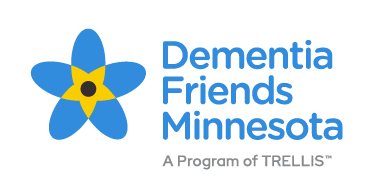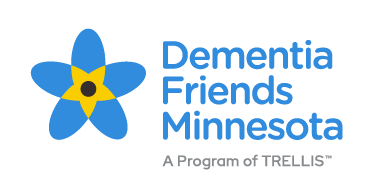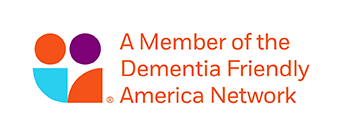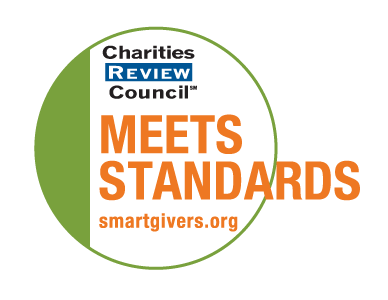Dementia Friends Interview: Karen Bedeau
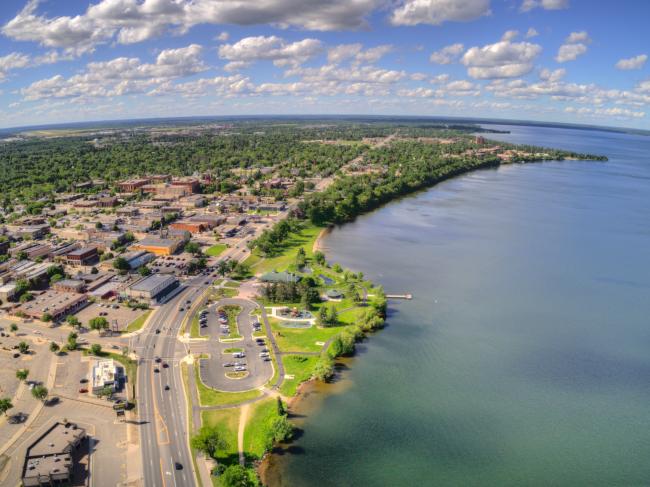
To celebrate the tenth anniversary of Dementia Friends Minnesota, every month we will be featuring a Friend who has taken the work to new heights. This month, we spoke to Karen Bedeau of Northwoods Caregivers about her work with the Bemidji and Tribal Nations communities.
How is Northwoods Caregivers involved with the Dementia Friends movement?
Through the ACT on Alzheimer’s initiative with Northwoods Caregivers, Dementia Friends was one of the efforts that we became involved in. In 2017 there were several of us who attended the training so that we could present this in our community. And the communities that we serve are areas around Bemidji, including all of Beltrami County and some surrounding counties. So, we made this presentation to several groups in the area, including at the schools, and this would include the tribal nations.
One of the things that we did, along with Dr. Tricia Cowan who teaches at Bemidji State University, we worked on and got approval to make a change to the presentation that was geared towards working with Native Americans. We worked with Dr. Anton (Waagosh) Treuer, Professor of Ojibwe, Bemidji State University, and he developed “The River” in 2018 to replace the Bookcase Story. We use that when we share the presentation in the Indian community.
Are there other ways you've used the curriculum or training in your area?
I was contacted by Father Jerry Rogers who was a Catholic Priest up in Red Lake and has since passed away, but he had contacted me to see if I could come over and talk to his fifth and sixth graders about dementia. He was aware that there were several kids in the class who had grandparents who were living in the home that had dementia. I did a very basic presentation to help them understand the changes that people go through. And, the kids were very interested, because kids are so smart, and especially when grandparents are living with you, kids notice everything. They notice people asking questions or making comments.
And we had another staff person who went out and did presentations with the high school students. I also did one up at Red Lake at the Tribal College and that went well. I can recall that I had one young man come up to me and say that he was glad to learn this information. He said I wish I had known it when my Grandpa was alive because that’s what he died of and didn’t learn until later. He says he would have a better understanding of what his Grandpa was going through. Dementia Friends is really helpful because it hits home with people.
I know another one that I did here at the Bemidji Senior Center and after the presentation, one of the attendees stayed after, talked with me, and told me how lonely the last two years of her husband’s life was for them because the friends they always did things with for years started ignoring them. The invitations dropped off. People didn’t know how to communicate so that was keeping them away. Things like that, people remember, and it really helps when you can get the word out and let people know that even if you feel uncomfortable talking with someone, just to ask them how they are.
Any advice for new champions?
Do your presentation with feeling from the heart, you know? What does dementia mean to you? What has been your experience? And really trying to engage people that way. Because of the stigma around dementia, in a lot of communities people have a hard time talking about this. And so, I always say that we need to tell people that they're not alone. And that we're here to support one another and what we want as Dementia Friends is for our community members to always support each other when they can.
